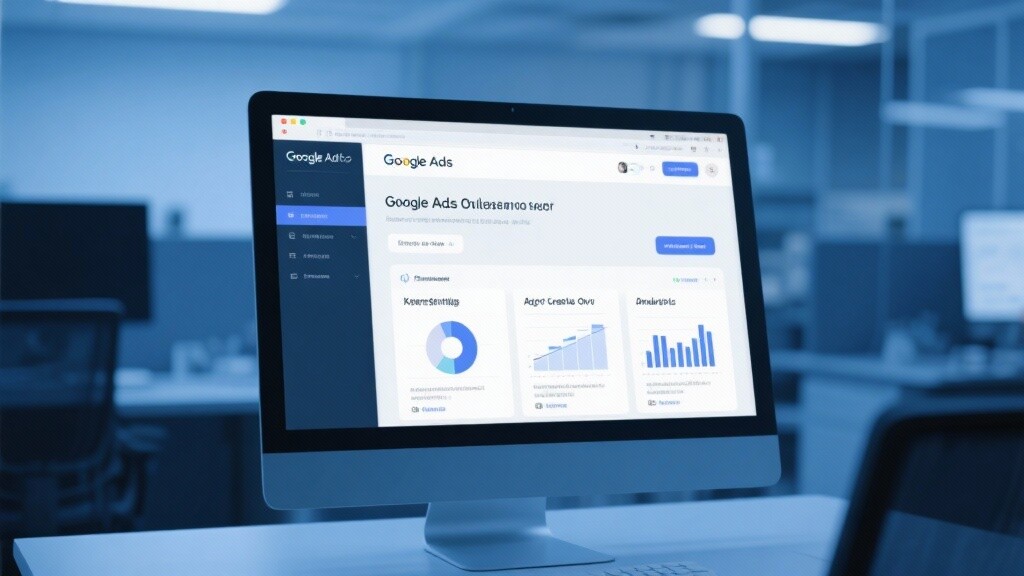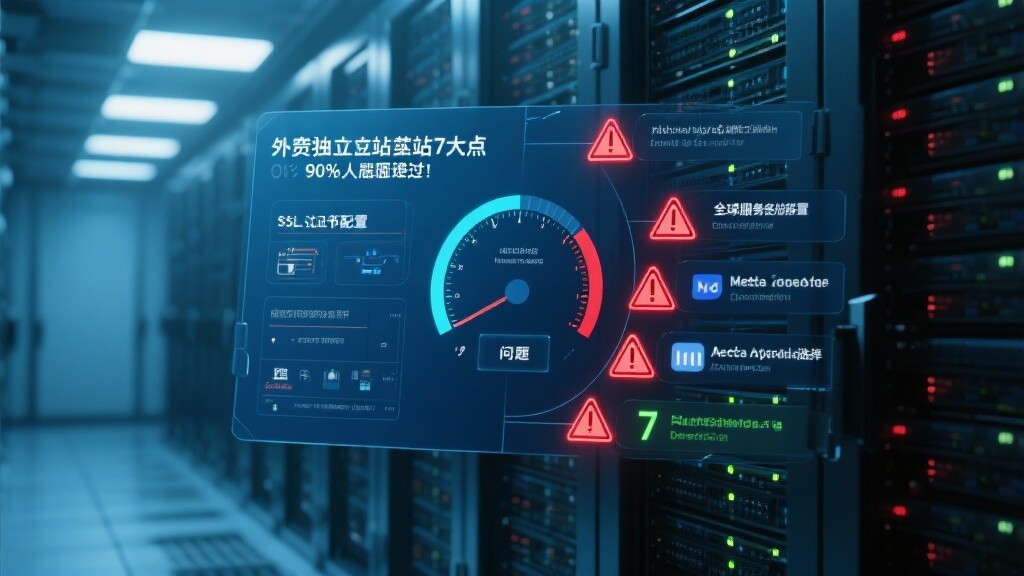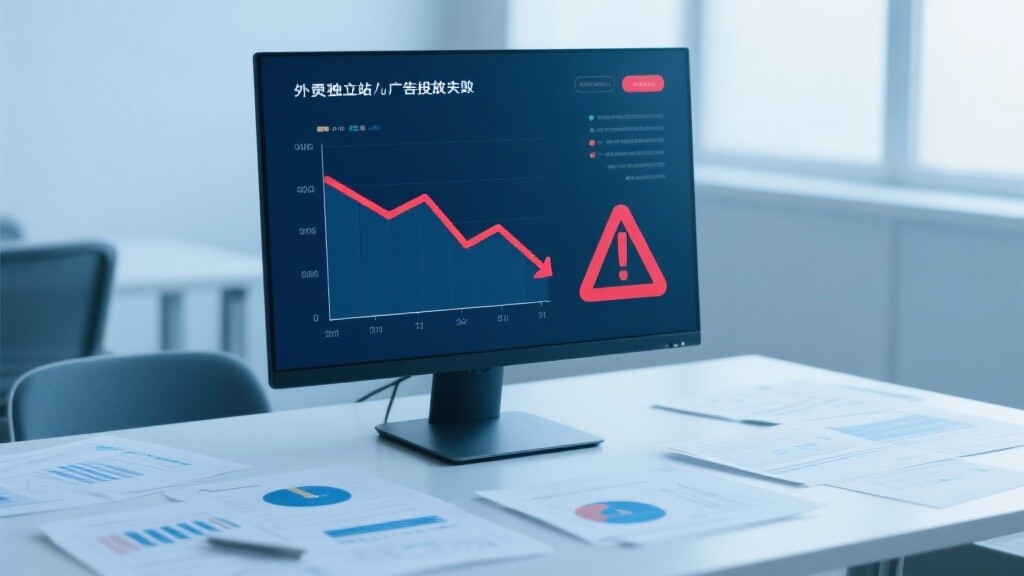EasyProfit Cloud Intelligent Website Marketing System Platform!
- 3 Core Google Ads Optimization Techniques Your Consultant Won't Tell You2025-09-18View Details
- Why do 90% of foreign trade standalone site ad campaigns fail?2025-09-18View Details
- Guangzhou Enterprises Must-Read: How to Break Through Growth Bottlenecks in Foreign Trade with Independent Website Development?2025-09-18View Details
- City Partner Success Stories: Earning $100K Monthly Is No Dream!2025-09-16View Details
- How to choose the best partner for exclusive agency rights of foreign trade websites?2025-09-18View Details
- AI+SEM Intelligent Advertising Marketing System, ROI Increased by 50%!2025-09-16View Details
- City Partner Profit Secrets Revealed!2025-09-17View Details
- Zero-code project franchising - is it really right for you?2025-09-17View Details
SEM optimization tips: How to make your advertising more effective?
In today's highly competitive digital marketing landscape, search engine marketing (SEM) has become a crucial channel for businesses to acquire traffic and customers. Unlike SEO (search engine optimization), SEM relies on paid advertising to secure placement on search engine results pages (SERPs). This article will delve into core SEM optimization techniques and share how to improve overall website performance through technical means.
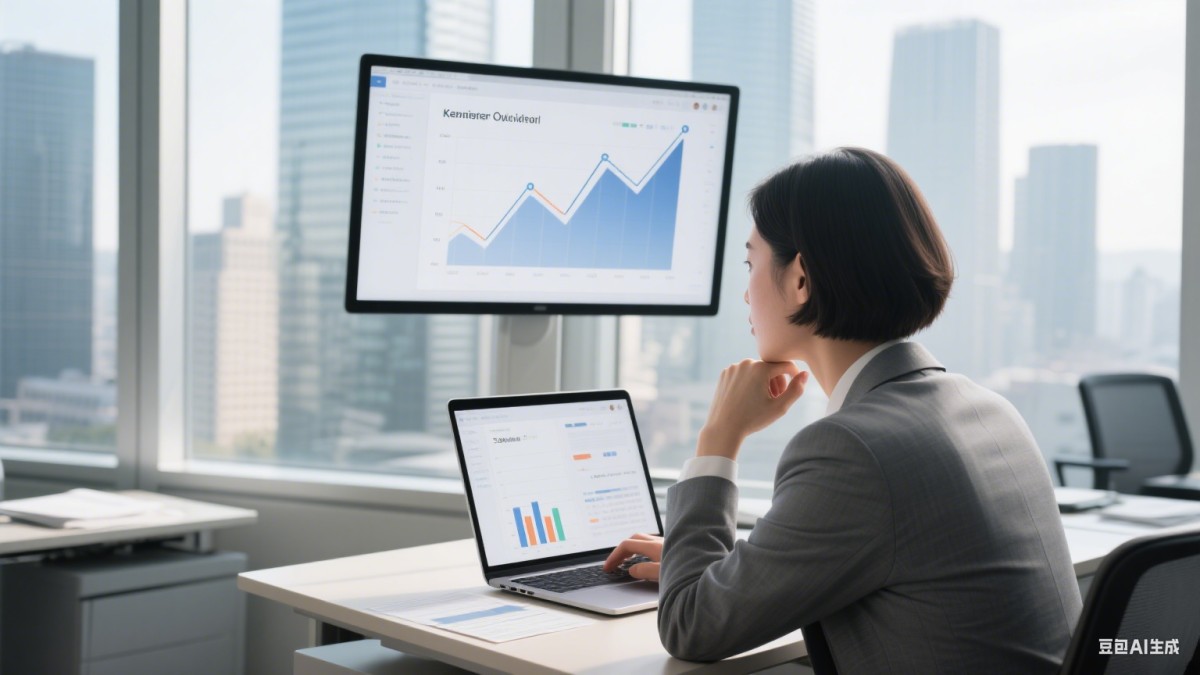
1. Understand the fundamental difference between SEM and SEO
While both SEM (search engine marketing) and SEO (search engine optimization) aim to improve a website's visibility in search engines, their methods and effectiveness differ significantly. SEM uses paid advertising to achieve immediate traffic, while SEO optimizes website structure and content to achieve organic rankings. This produces more lasting results, but requires time to accumulate.
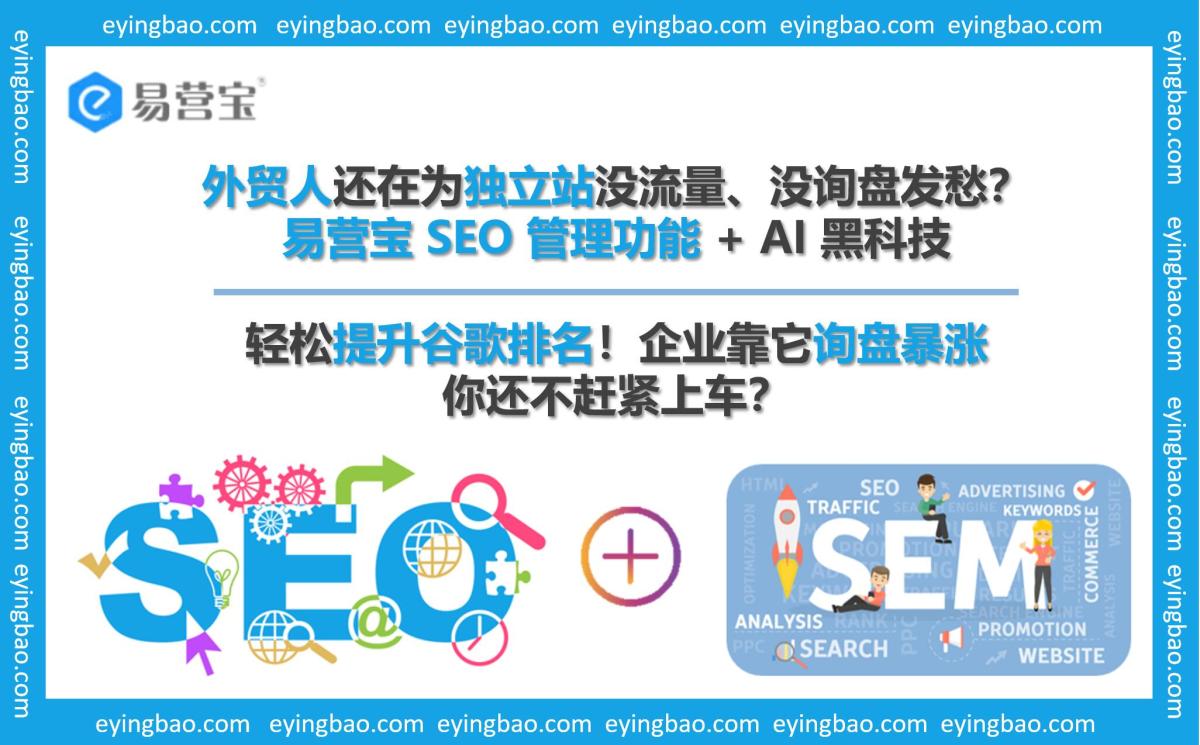
1.1 Core Advantages of SEM
The greatest advantages of SEM lie in its immediacy and precision. Advertisers can quickly launch campaigns and precisely reach their target users through features like keyword targeting and audience targeting. Furthermore, SEM offers a wealth of data analysis tools for real-time optimization of ad performance.
1.2 The long-term value of SEO
In contrast, SEO takes longer to show results, but once a good ranking is achieved, it can continuously bring in free, high-quality traffic. Ideally, companies should combine SEM and SEO strategies, using SEM to gain traffic in the short term and SEO to establish a stable source of organic traffic in the long term.
2. Practical techniques to improve SEM advertising effectiveness
To maximize the return on investment (ROI) of SEM advertising, you need to optimize from multiple dimensions. The following are proven effective strategies:
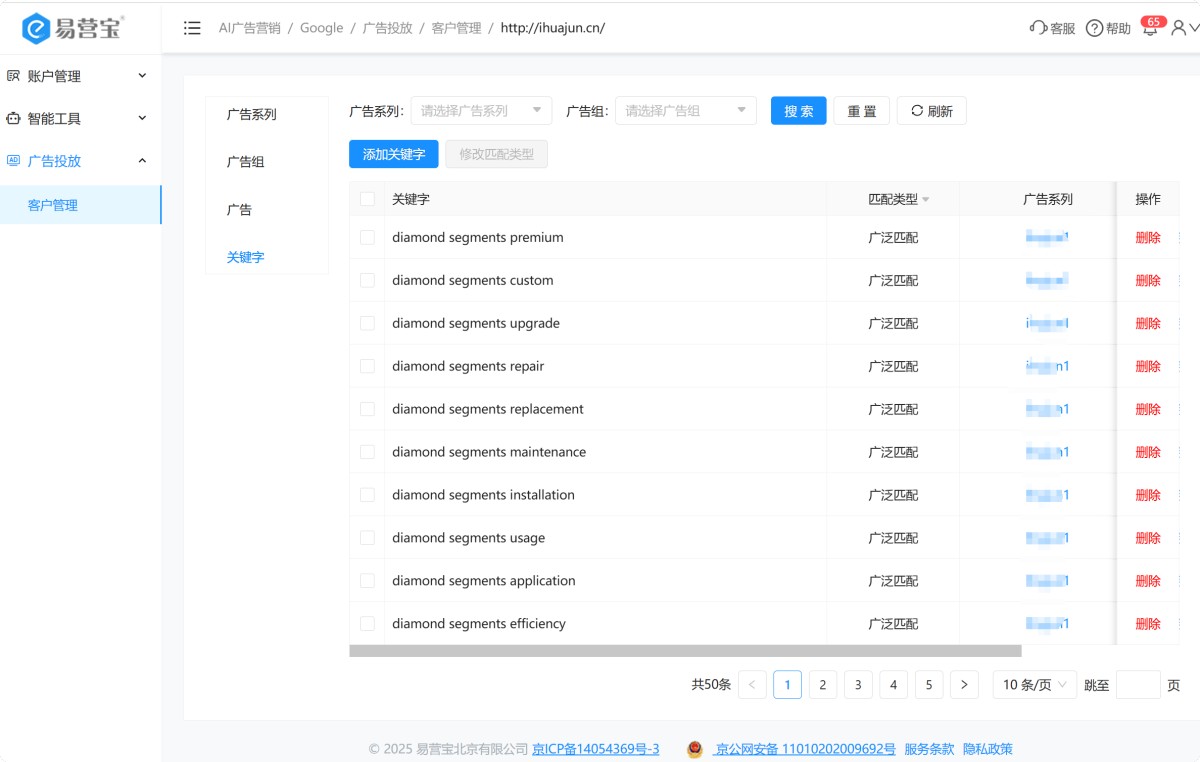
2.1 Keyword Research and Selection
Accurate keyword selection is fundamental to SEM success. We recommend using tools like Google Keyword Planner to identify keywords with high search volume and moderate competition. Also, be careful to distinguish between commercial-intent keywords and informational keywords, as the former typically converts better.
2.2 Advertising copy optimization
Excellent ad copy should include the following elements: highlighting the main selling point, including a call to action (CTA), and using numbers or special symbols to increase appeal. Also, ensuring the ad copy is highly relevant to the landing page content will not only increase click-through rate (CTR) but also improve quality scores.
2.3 Landing Page Experience Optimization
Landing pages are crucial for conversions. Key optimization points include ensuring fast page load times (which can be achieved through website speed optimization services), consistent content with the advertised content, simple form design, and good mobile compatibility. Research shows that every additional second of page load time can reduce conversion rates by 7%.
3. Tips for rapid website indexing
Whether newly published content or pages can be quickly indexed by search engines directly affects the effectiveness of SEM and SEO. The following are effective ways to promote rapid indexing:
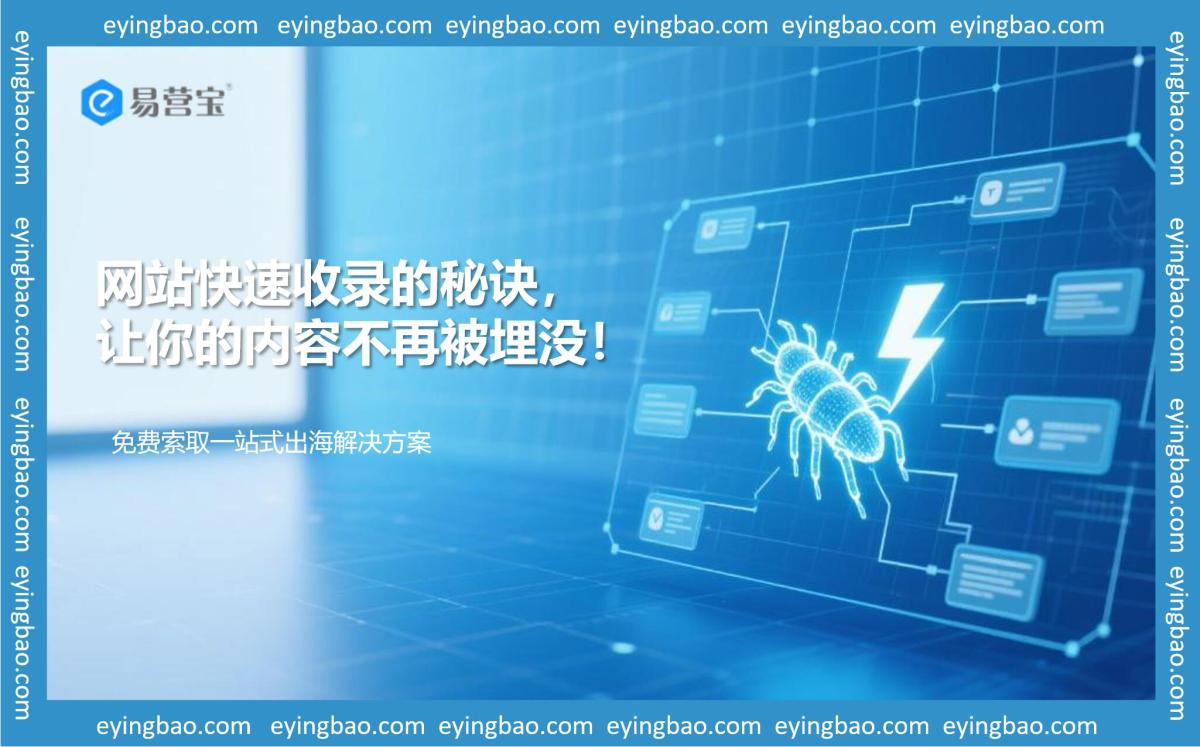
3.1 Optimize website structure
A clear website structure helps search engine crawlers discover and index your content. Ensure your website has a healthy internal link structure, with important pages no more than three clicks from the homepage. Using an XML sitemap and submitting it to search engines is essential for rapid indexing.
3.2 Content Update Strategy
Regularly publishing high-quality, original content can attract frequent search engine crawlers. It's recommended to establish a content calendar and maintain a steady update frequency. Sharing new content through social media can also increase external links and traffic, indirectly accelerating indexing.
3.3 Technical optimization measures
From a technical perspective, ensure your site doesn't have any robots.txt settings or meta tags that could hinder crawlers. Using Google Search Console's URL Inspection tool to proactively submit new pages is a direct way to speed up your site's indexing. Additionally, site loading speed is also a significant factor influencing crawler efficiency.
4. Methods to improve website SEO ranking
Although this article focuses on SEM optimization, improving SEO rankings is equally important and the two complement each other. The following are the core methods to improve website SEO optimization results:
4.1 Improvement of content quality
High-quality content is the foundation of SEO. It should satisfy user search intent, provide in-depth value, be moderately long (typically 1,500-2,500 words), and be clearly structured. Use title tags to organize your content and include relevant keywords without overstuffing them.
4.2 External Link Building
High-quality external links can significantly enhance your website's authority. Acquire natural external links through content marketing, industry partnerships, and other methods. Avoid black hat tactics like purchased links, which can result in search engine penalties.
4.3 User Experience Optimization
Search engines are increasingly focusing on user experience metrics, such as dwell time and bounce rate. Optimizing navigation design, improving content readability, and speeding up website loading (which can be achieved through professional website loading speed optimization services) can all improve user experience.
5. How to speed up website loading
Website speed not only affects user experience, but also directly impacts SEO rankings and ad quality scores. Here are the key optimization areas:

5.1 Image Optimization
Images are often the largest resource on a web page. Using appropriate formats (such as WebP), compression tools, and lazy loading techniques can significantly reduce image size. Adding alt text to important images can also help with SEO.
5.2 Code Optimization
Minify your HTML, CSS, and JavaScript code, removing unnecessary spaces, comments, and unused code. Combine and compress static resources, and use browser caching strategies to speed up your website loading.
5.3 Server Optimization
Choose a high-performance hosting service, enable Gzip compression, and configure a CDN to accelerate the delivery of static resources. For high-traffic websites, consider using a professional website loading speed optimization service for comprehensive performance tuning.
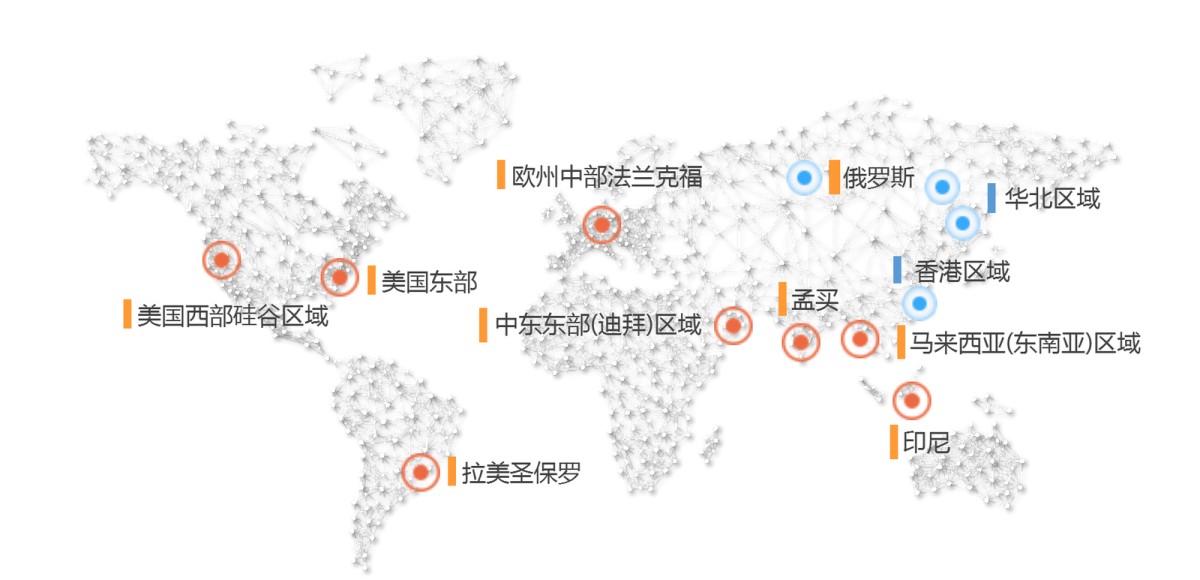
By implementing the SEM optimization techniques above, combined with technical website optimization and SEO strategies, businesses can significantly improve their digital marketing effectiveness. Remember, continuous monitoring, testing, and optimization are key to maintaining a competitive edge. For professional SEM or SEO support, our team of experts is ready to assist you.
If you have any questions about the construction and operation of foreign trade websites , please contact Yiyingbao Technical Customer Service WeChat: Ieyingbao18661939702, and our staff will be happy to answer your questions!
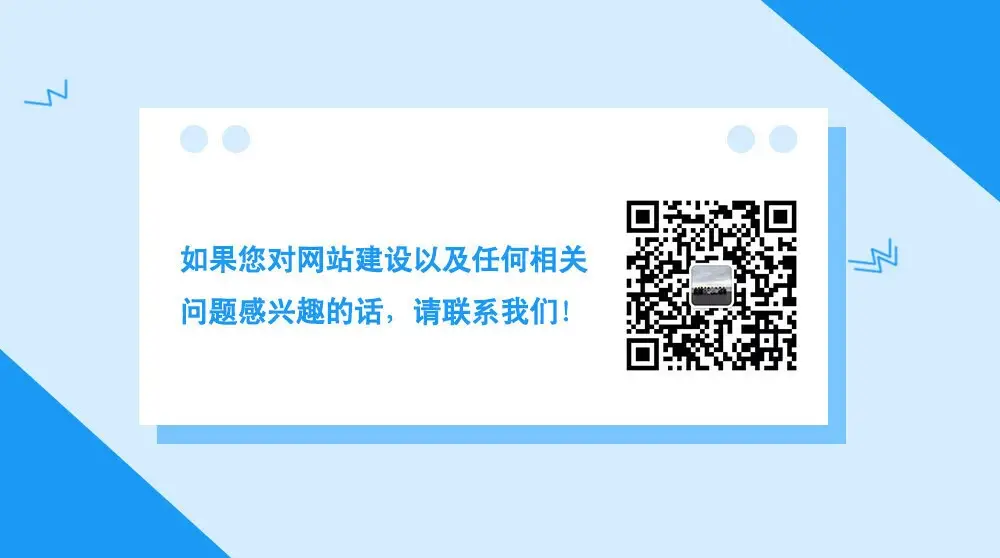
The picture resources are from the Internet. If there is any infringement, please contact 400-655-2477
Similar Recommendations

